Refugees: from Outside and from Inside
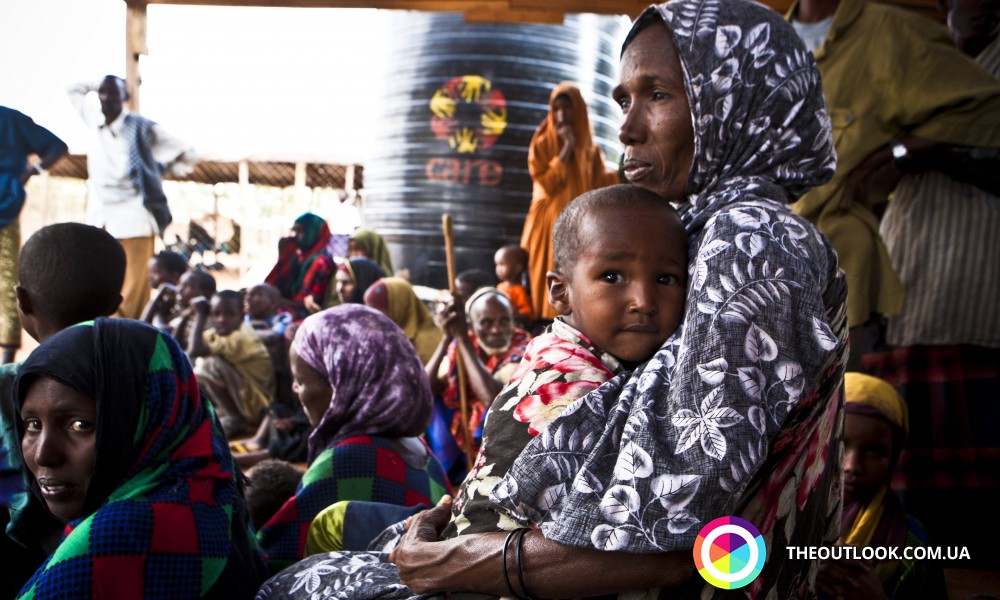
Every four seconds on the planet one person becomes a refugee. Afghanistan, Somali, Iraq, Sudan, Mali, Democratic Republic of Congo, Ethiopia and Syria – in these countries even today it is easy to become a victim of a sniper or be blown up by a mine.
According to data of the UN, among last year’s leading refuge donor countries there are Syria and highly unsafe Afghanistan.
Sadly enough, almost half of them are kids. At that some of them were forced to separate from their parents, others decided to abandon their homes voluntarily. Neither former no latter ones have no guarantee of seeing their fathers and mothers ever again.
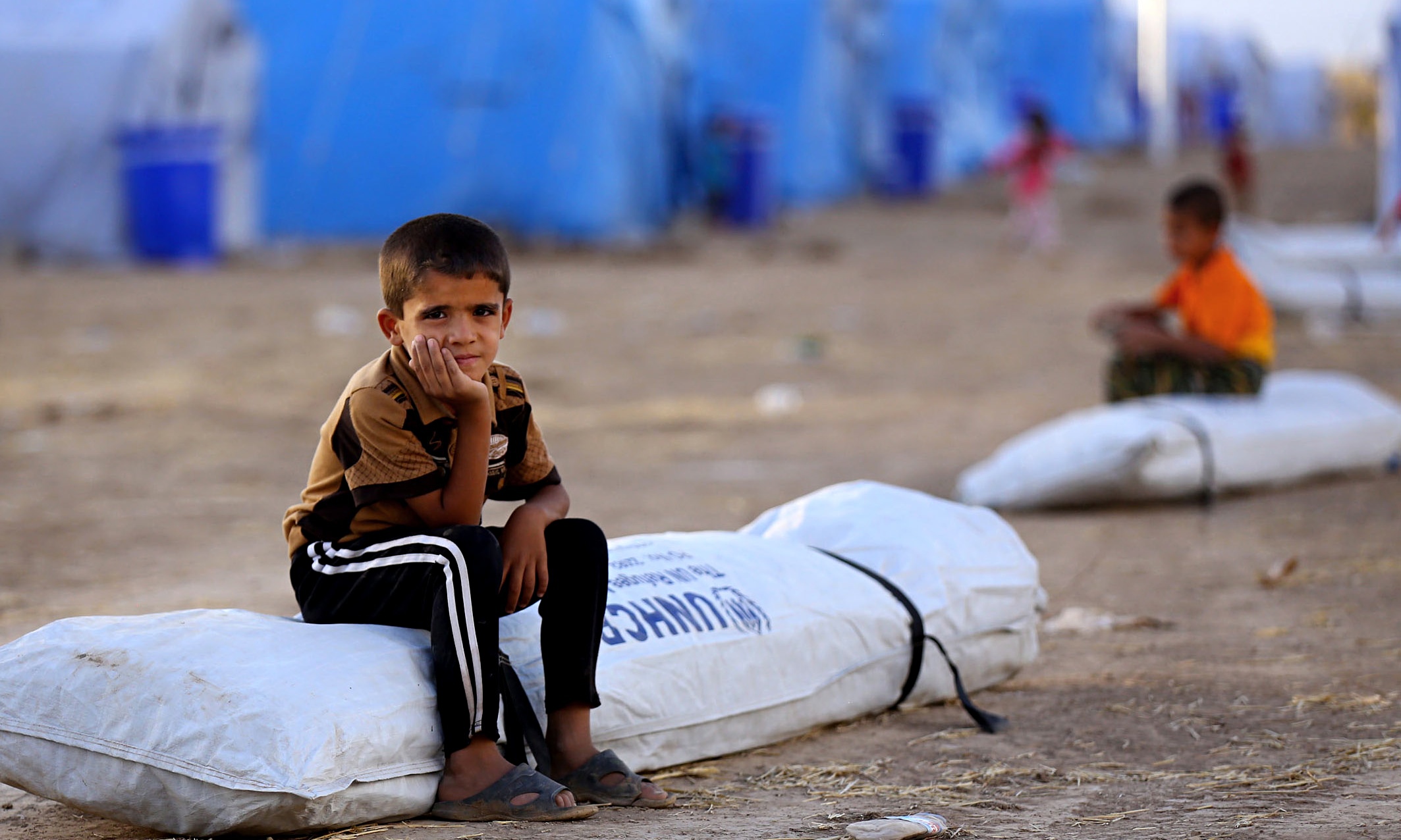
Annually European Union allocates about 840 million euro for the needs of migrants. Money goes for development of temporary facilities, medical care, legal support and integration. Among countries that register largest number of applications there are Germany, France, United Kingdom and Belgium. Some countries have permanent support programs for such cases; based on them they allocate certain permanent quotas. For instance, in Sweden it constitutes 1 900 and in Norway 1 400 refugees per year. Among states with most loyal refugees admission system there are USA, Canada, Australia and Republic of South Africa. Annually they offer permanent residence to over ten thousand people.
It is believed that refugee camps are built for a time. However, they in fact last for much longer than two or three moths. As a result of long-time service water supply systems fail. Stale water, heat and unsanitary conditions cause splashes of infectious diseases. With time dwellings become too small as families grow. In many camps there is no heating. Refugees have to stock up on firewood on their own outside borders of designated territories which in turn leads to deforestation.
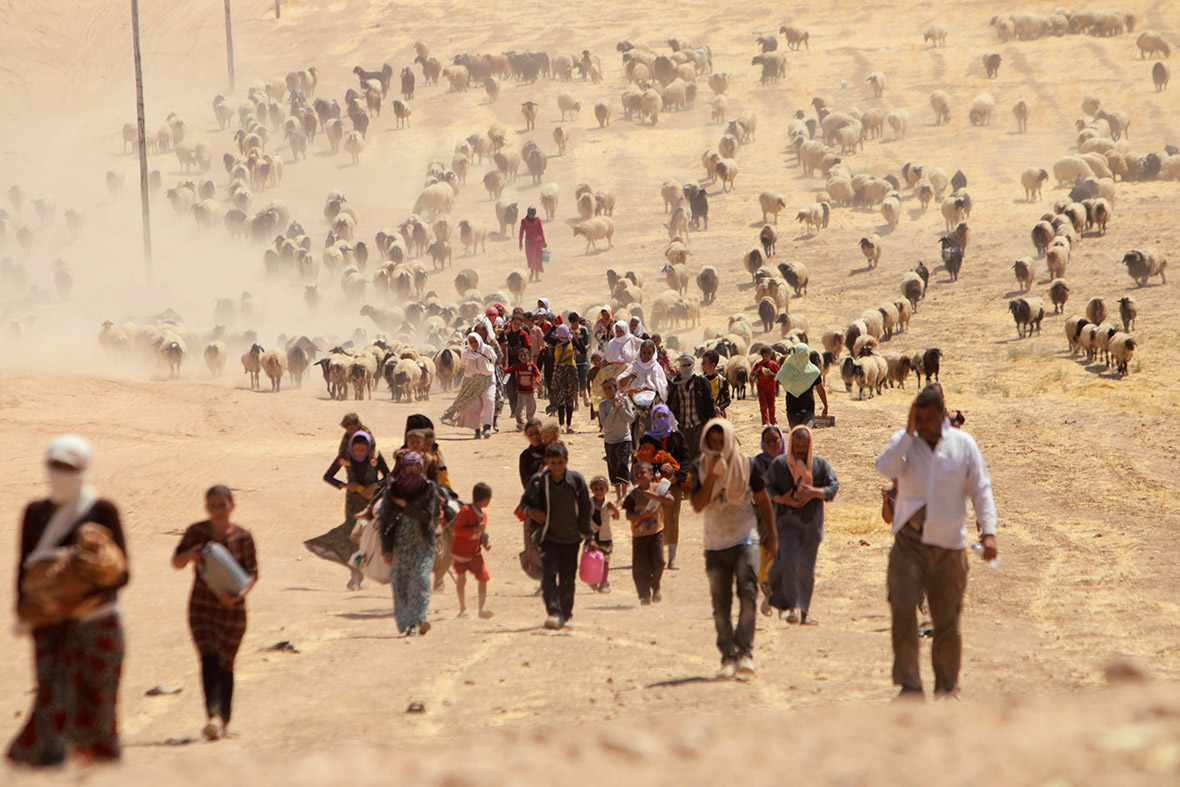
Long-operating camps frequently become crime-prone areas involved in drug and weapon trafficking and organized crimes centers. Sometimes armed groups establish control over them to use them as bases like, for instance, mujahedeen in Pakistan, Contras in Honduras and Interahamwe in Eastern Zaire do. Refugee camps are often subject to bombardments, shell-fire and raids that aim at taking hostages, means of transport and food supplies.
Dadaab camp in the north of Kenya, which accommodated over quarter million refugees, is on the verge of a disaster. It is so full of Somalis that new-arriving people are forced to get settled outside it. Women and children, who constitute majority of the camp’s population, live in constructions made of sticks, polyethylene and boxes. It takes efforts to find a toilet in the territory and water is delivered to Dadaab only from time to time. Dadaab operates for over twenty years. Whole generations of the Somalis grew up there in poverty and hardship and their life can be short and cheerless.
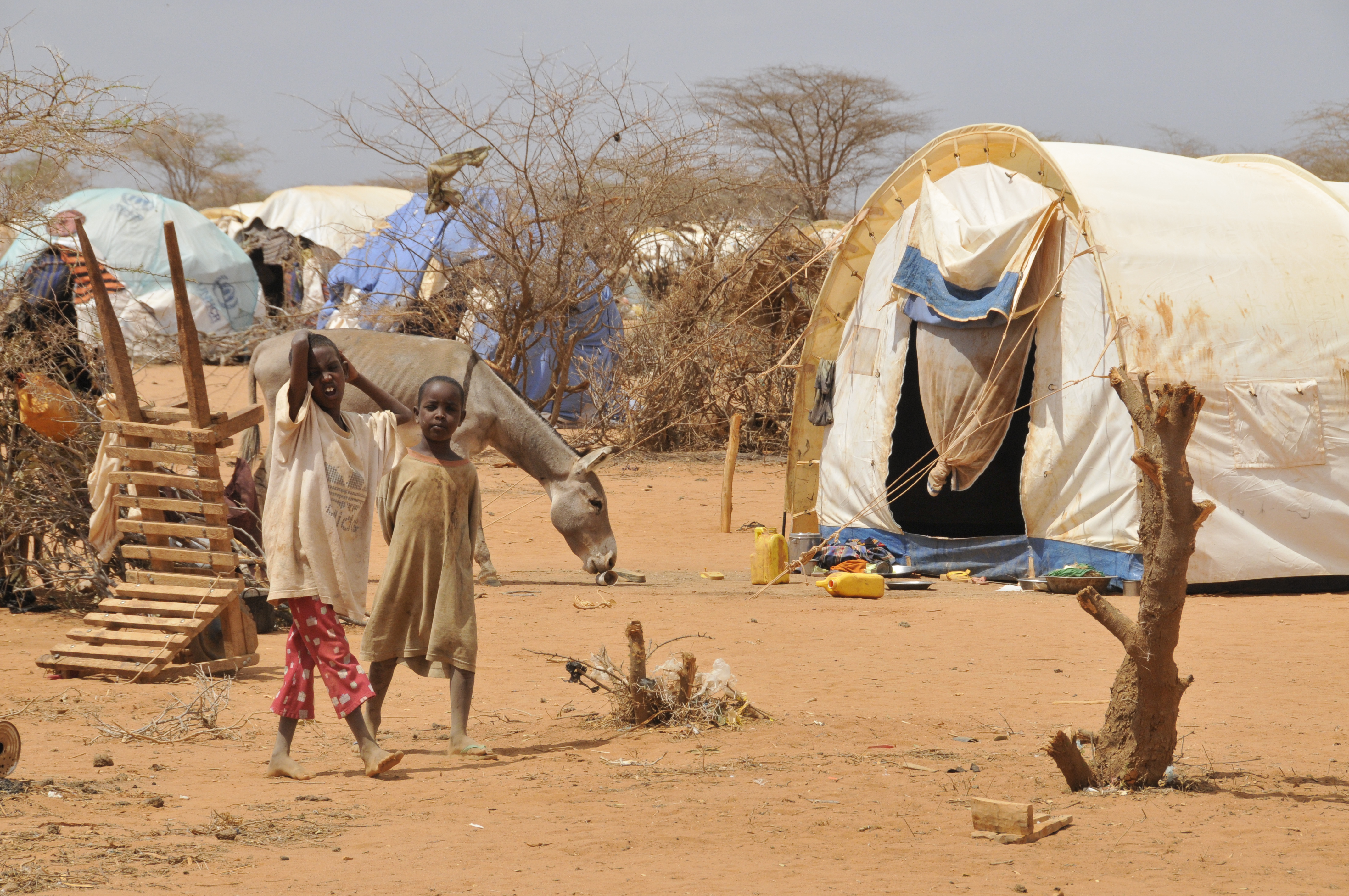
Just as creepy and insecure place is two refugee camps for Palestinians in western part of Beirut. They are separated with several minutes’ walk but united with a tragedy that took place in 1982. Back then in the course of war in Middle East Lebanese Christian Phalangists undertook a military operation in Sabra and Shatila refugee camps to eliminate Palestinian gunmen. According to various data, from seven to thirty five hundred people were slaughtered, among them not just Palestinians but also Algerians, Paskistanis and those who came from other countries to find shelter in Beirut. Over thirty years passed since the tragedy. People still live in Sabra and Shatila, in rickety shacks with traces of bullets, in insanitary conditions, with constant electricity and water supply shortages. Policemen try not to go there and locals are afraid to go out in the dark. Dwellers of these camps have right to neither education, nor job. Majority holds out by selling old belongings. Their income is hardly enough for meager food. There is no money for medication. They are lucky if another mission comes in so they’ll be able to get necessary meds. Otherwise in Sabra and Shatila one can die from an ordinary flue.
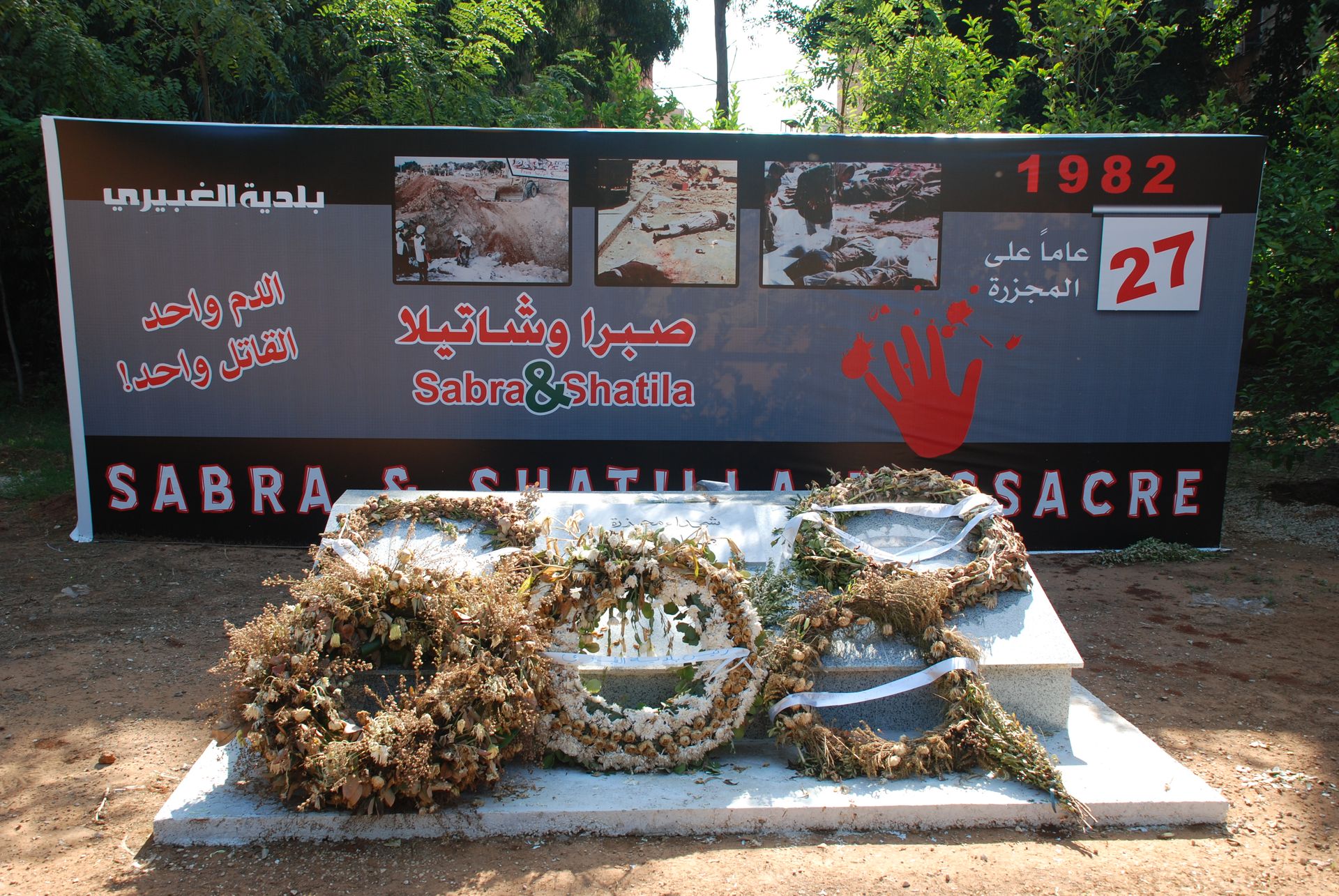
One of the new settlements for refugees is located five kilometers away from the border of Turkey, in Kilis. Syrians live there. There are no tents, garbage, crowds and queues for humanitarian aid. Over two thousand painted containers make for a settlement of a kind. There are two schools for five thousand children, mosques, a shop, an ambulance station, a market, a bank branch, playing grounds and a police station. There is even free Internet access. Every “house” is connected to central wastewater disposal; almost every dweller has a satellite dish. Population of the camp constitutes 11 thousand people. Kilis camp cost Turkish coffer 35 million dollars. Several more go monthly on its maintenance: policemen salaries, utility bills, money allowances for guests of Turkey. Local dwellers don’t have a status of refugees – they are called people temporarily taken under protection.

Annually state bodies of Ukraine are addressed for a refugee status by up to two thousand people. But only one out of ten get it. These are mainly people of Afghan, Somali, Syrian, Uzbek and Kyrgyz descent. According to Ukrainian legislation status of a refugee is granted for five years. Than State Migration Service has a right to make a decision on its prolongation or initiate revoke procedure. At the same time, after three years of being a refugee a person has a right to apply for citizenship.
Annually United Nations High Commissioner for Refugees (UNHCR) in Belarus, Moldova and Ukraine allocates 300 thousand dollars on granting social and medical aid to asylum seekers in Ukraine. Alongside this, the organization helps refugees integrate into society, in particular, it encourages national language studying and acquiring specialty as well as relocation to a third state if a person cannot be granted help in the territory of our country.
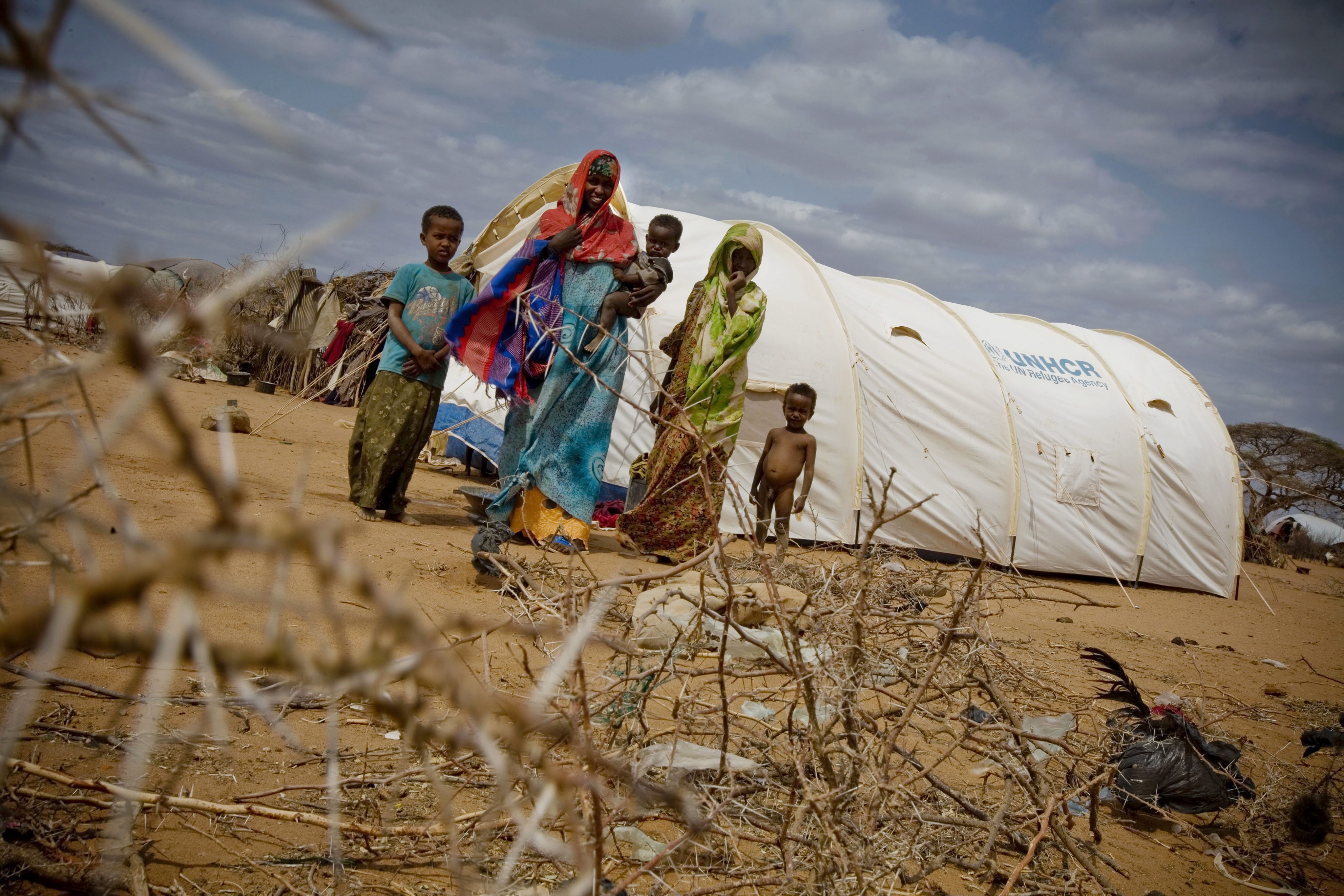
OUTLOOK found several people in such a situation and here’s what they’ve told us:
Brahima Dembele of Malian descent has lived in Ukraine since 1989. Over this period he changed several professions while seeking means of subsistence. He taught French, worked in trade and in a pharmaceutical company. However not long ago he decided to become a tailor and sew blankets. Together with his wife he launched a business of his own. The man works at home so far but he plans to rent premises for a workshop and hire employees.
Marianna Nkiavete Nana came from Angola. She has lived in Ukraine since 1992. Originally the woman traded in a street market. But at one point embroidery caught her fancy so she decided to try her hand in it. Having mastered simple cross-stitched patterns she began creating interiors. Now she works at a designer materials shop and even manages to be getting higher education at the same time.
Alongside that, according to United Nations High Commissioner for Refugees in Belarus, Moldova and Ukraine this year over five thousands citizens of Crimea were forced to abandon their homes. They are defined as internal migrants and were accommodated on the mainland part of the country. Poland received the largest number of application for asylum from Ukrainians this year. A couple of dozens Ukrainians asked for refugee status in neighboring Moldova.





















